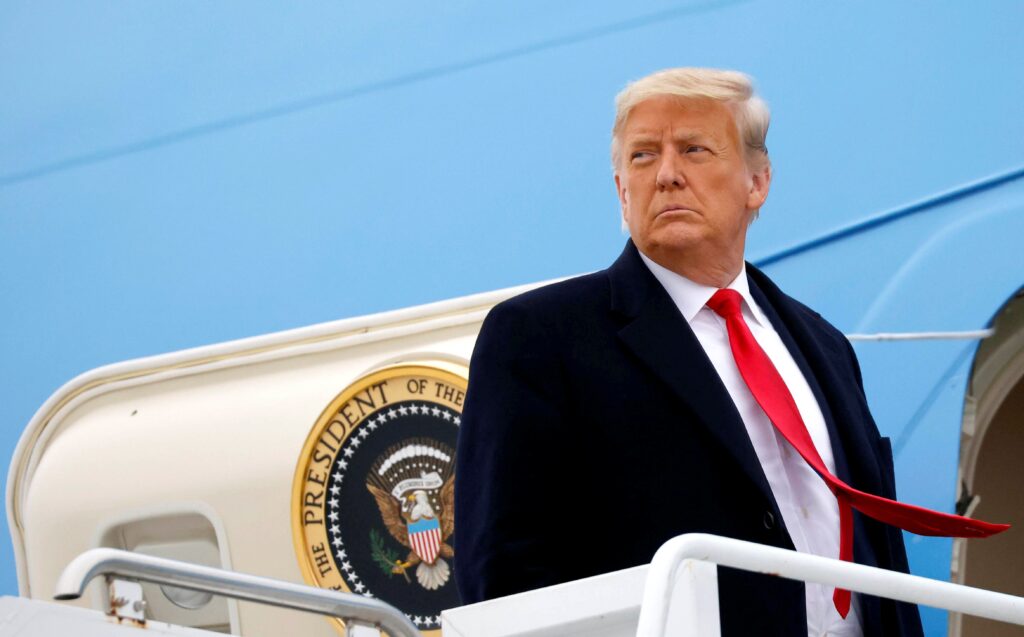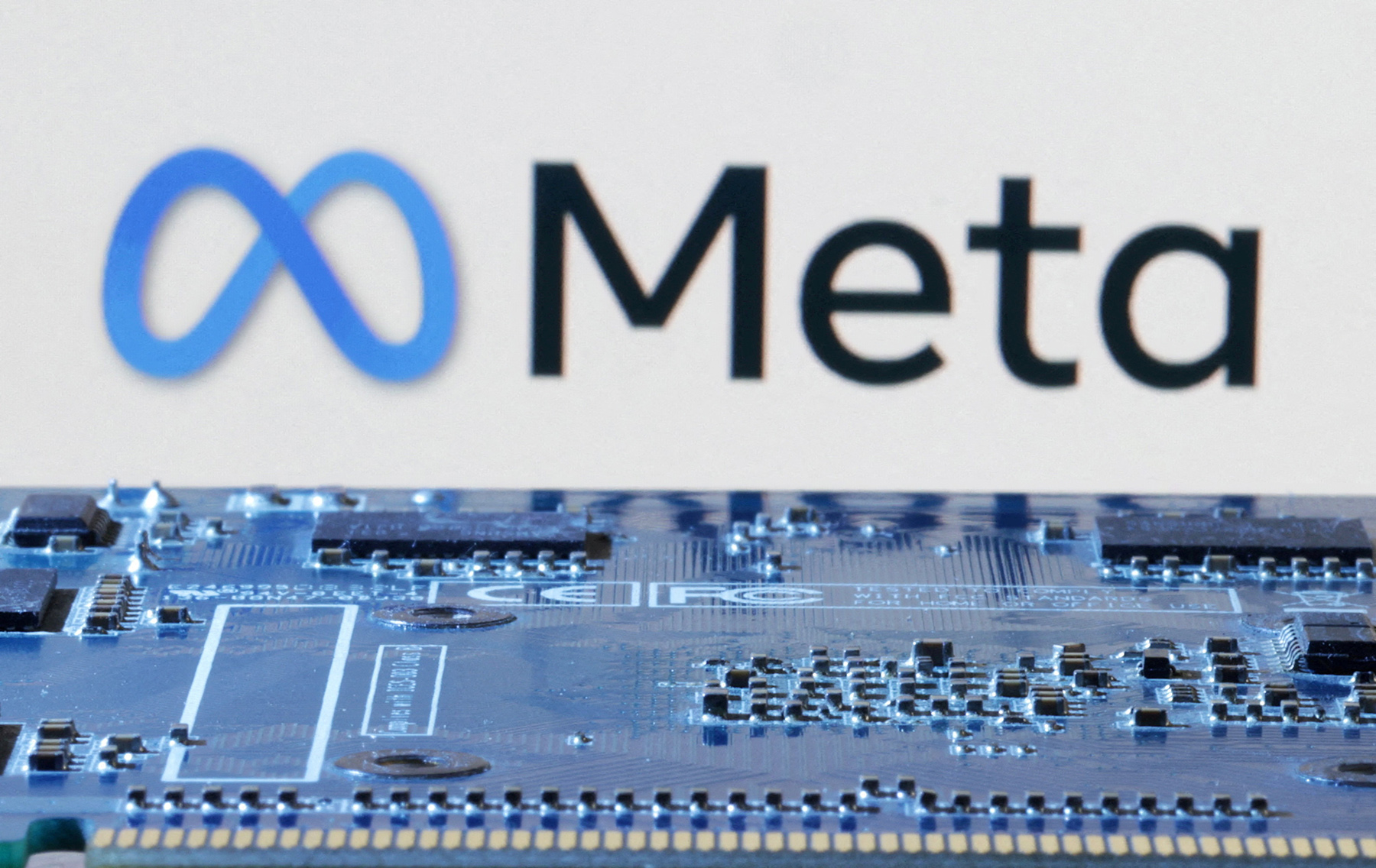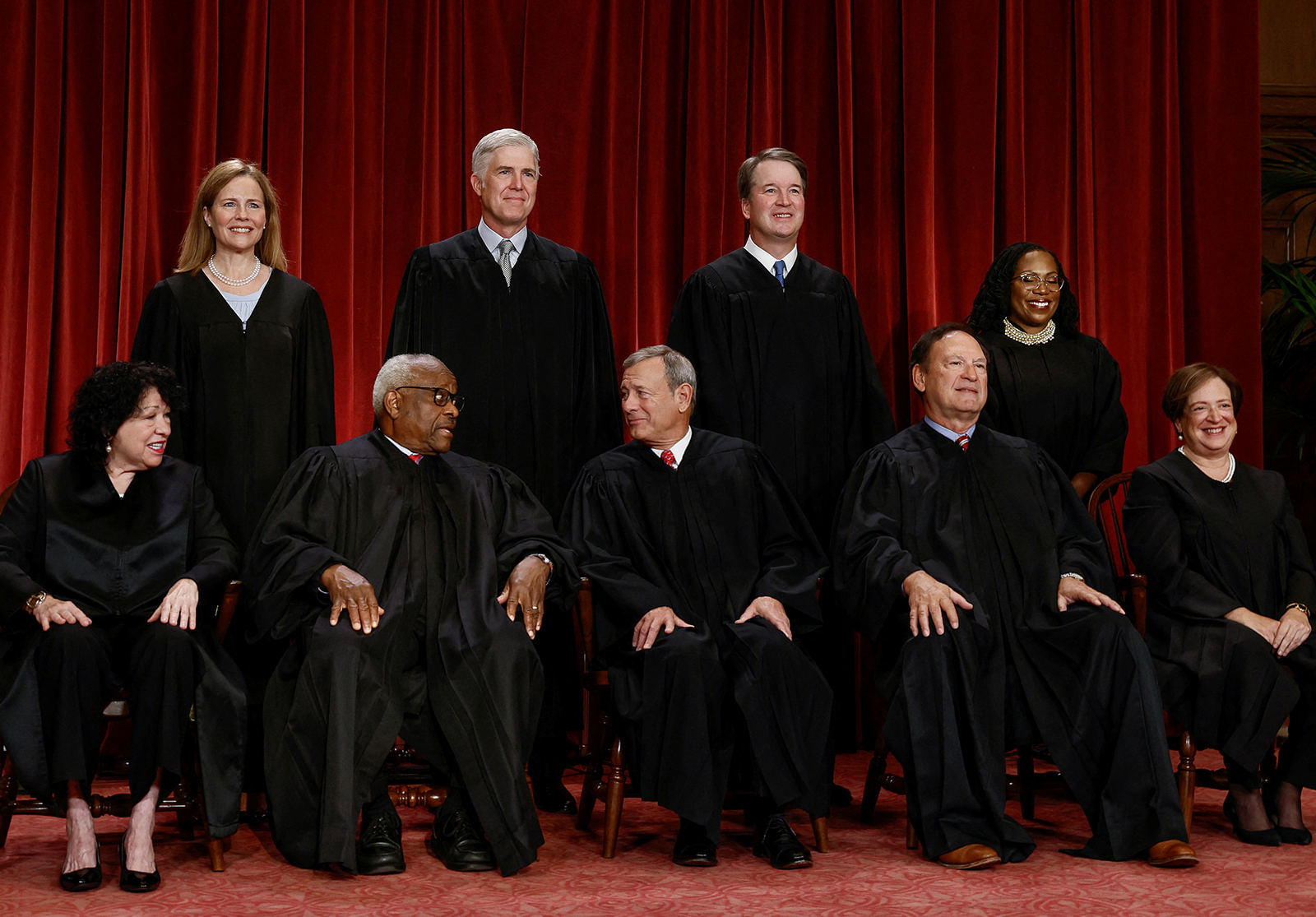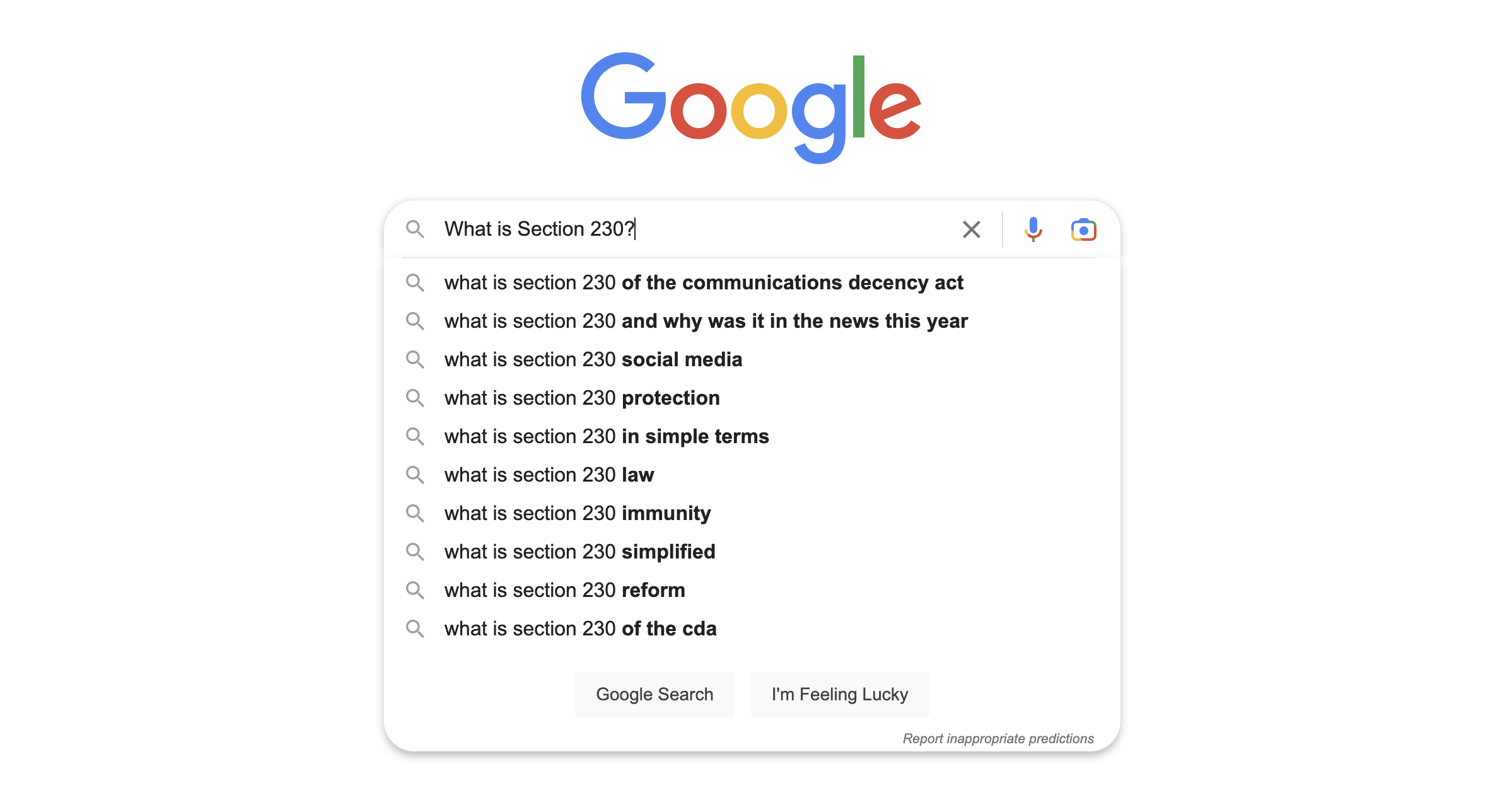On July 7th, former President Donald Trump filed three separate class action lawsuits against Facebook, Twitter, and Google’s YouTube, claiming that the social media platforms censor him and other conservatives.
All of the suits were filed in the United States District Court for the Southern District of Florida Miami Division, and claim that the three companies violated the First Amendment when they suspended or permanently banned Trump from their platforms. All three tech companies banned Trump for inciting violence after the January 6th attack on the Capitol.
The First Amendment of the Constitution prohibits the government from violating a person’s right to freedom of speech. Except in rare circumstances, private institutions cannot be held liable for violating the First Amendment because they are not state actors.
In his lawsuits, Trump argues, however, that the court should treat the companies as state actors because they’ve benefited from federal laws. For example, he points out that the companies have relied on Section 230 of the Communications Decency Act (1996) to avoid liability for third-party content, such as users who write defamatory posts or share obscene images.
Brian Fitzpatrick, a professor of law at Vanderbilt University, said in an interview with The Washington Post that he found this reasoning flawed.
“The fact that they benefit from a federal law does not transform someone into the federal government. All of us benefit from laws at some point or another and that doesn’t transform us into the federal government,” Fitzpatrick told The Post.
John Bergmayer, legal director at Public Knowledge, called Trump’s argument a “crackpot theory.”
“If that were true, every corporation would be a government actor,” he told The Post. “Every company is chartered by the government. Does that mean that every corporation is therefore a state actor?”
Trump is asking the court to declare that the companies’ actions are an unconstitutional prior restraint, to order the companies to restore Trump’s account, and to prohibit the companies from future censorship. He is also asking the court to reconsider Section 230 on the grounds that it has enabled tech companies to censor constitutionally protected speech.
“Legislation passed twenty-give (25) years ago intended to protect minors from the transmission of obscene materials on the Internet, and to promote the growth and development of social media companies, has enabled Defendant Facebook to grow into a commercial giant that now censors (flags, removes, shadow bans, etc.) and otherwise restricts with impunity the constitutionally protected free speech of the Plaintiff and the Putative Class Members,” the lawsuit reads.
Many legal scholars think it’s unlikely that Trump’s suits will prevail under the First Amendment. “Trump has the First Amendment argument exactly wrong,” Paul Barret, the deputy director of the New York University Stern Center for Business and Human Rights, told The Washington Post. “In fact, Facebook and Twitter themselves have a First Amendment free speech right to determine what speech their platforms project and amplify — and that right includes excluding speakers who incite violence, as Trump did in connection with the January 6 Capitol insurrection.”
Tags




